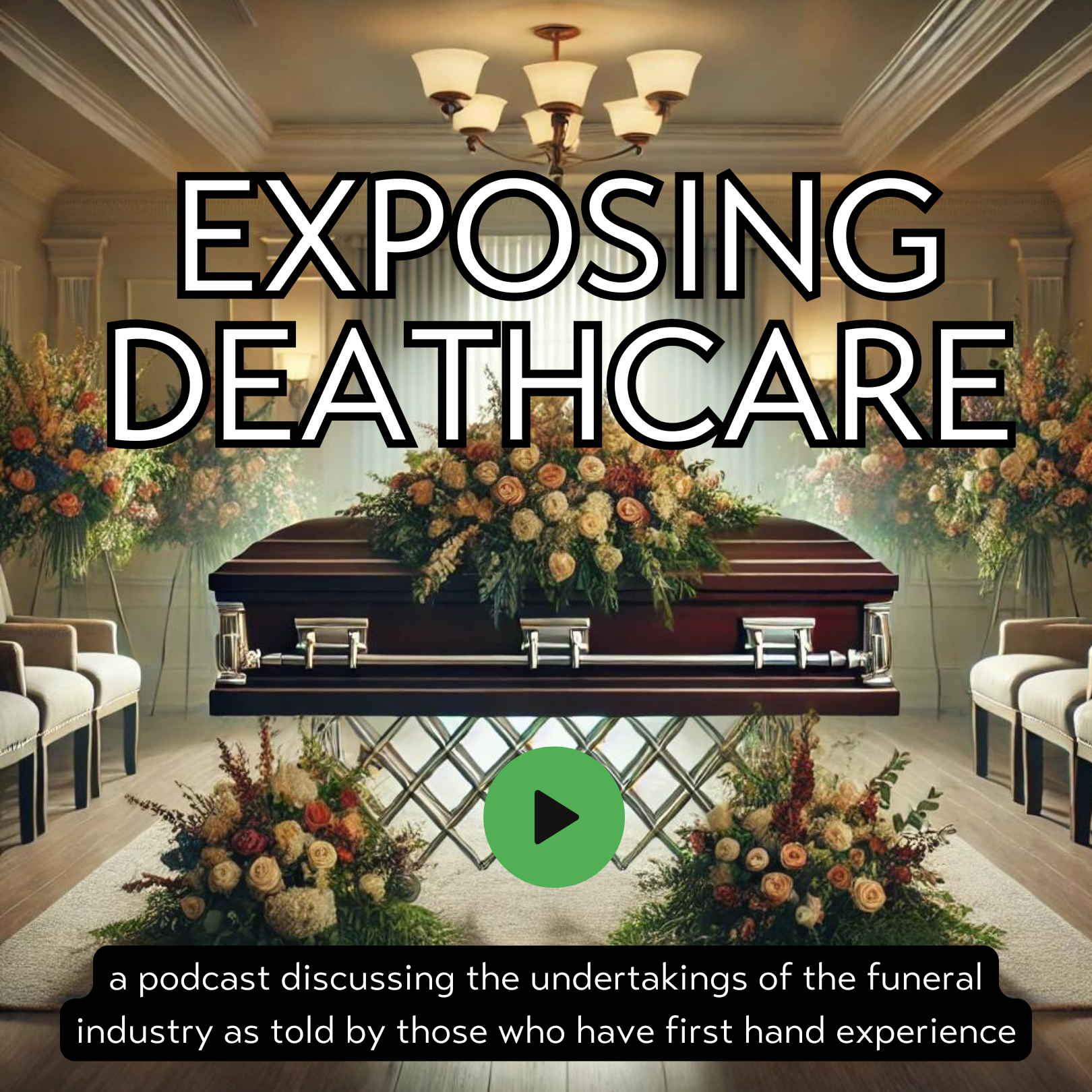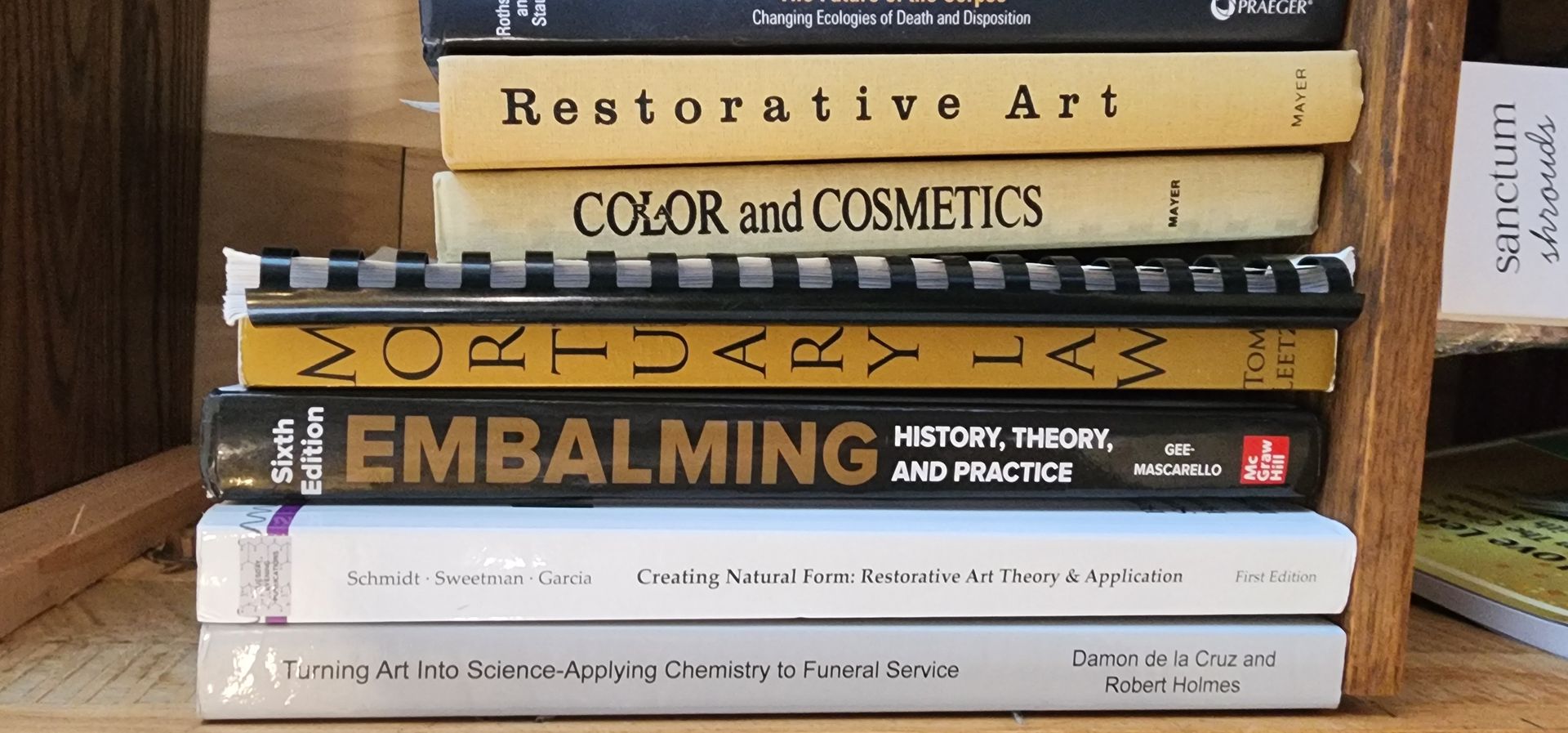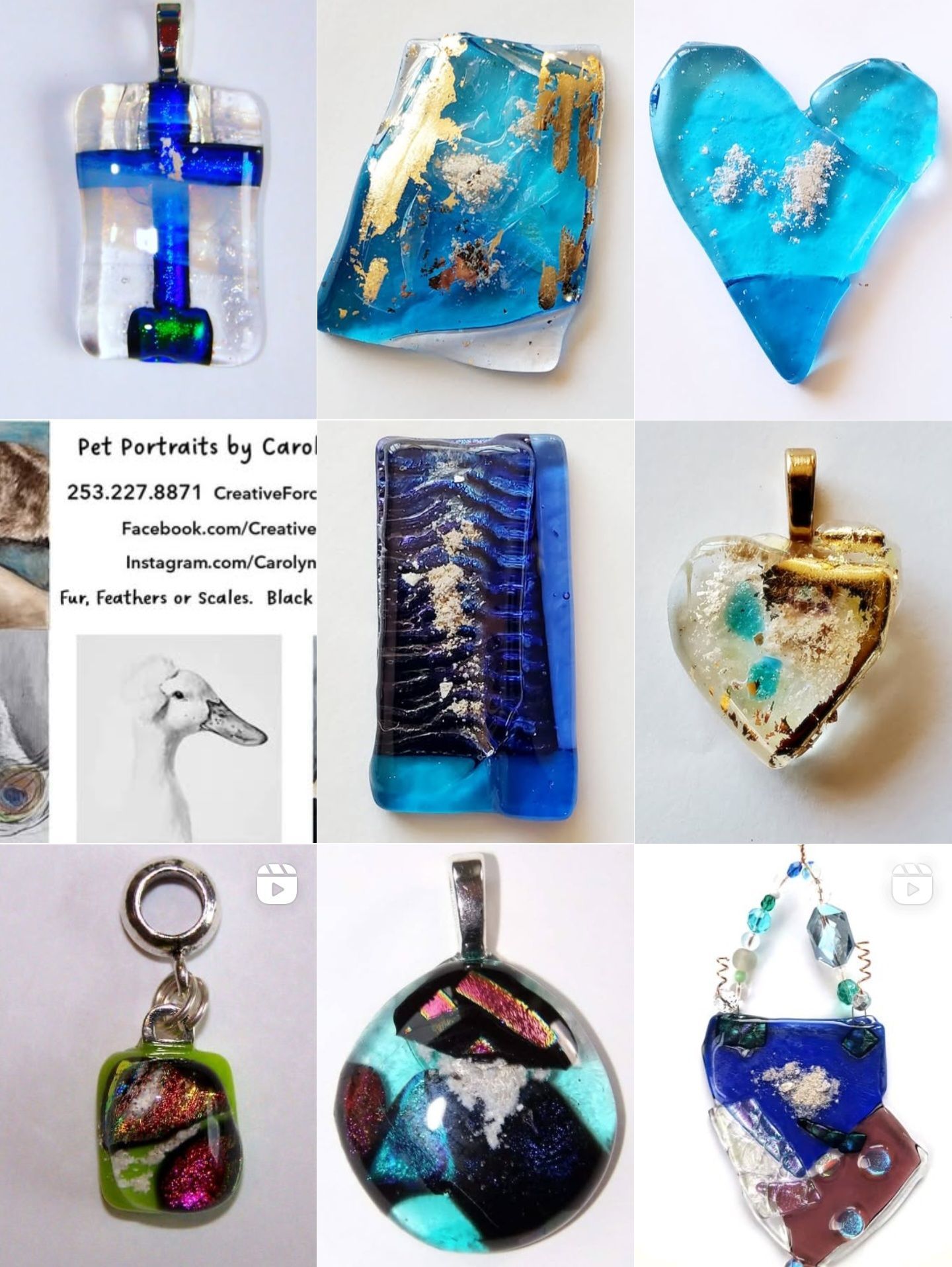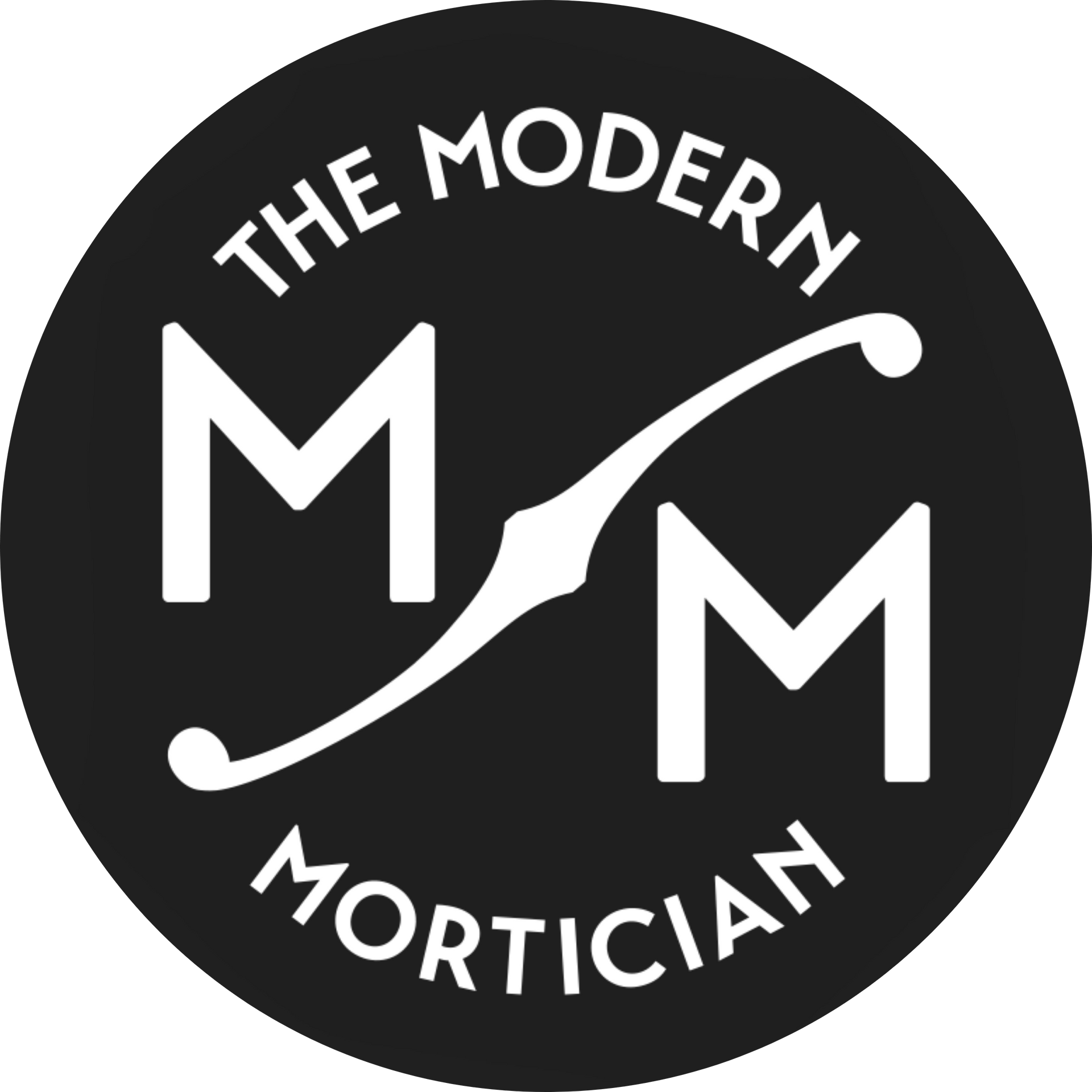November 6, 2025
Oklahoma Oklahoma’s story is one of land and legacy, a place where wide skies meet endless prairies, and where the rhythm of the seasons still shapes daily life. Beneath those skies, a quiet movement is taking root: one that honors both ancestors and the earth through natural burial . In a state defined by resilience and reverence for the land, it feels only right to return our bodies to the soil that sustained us, allowing the prairie to reclaim and renew itself with each passing season. Green burial in Oklahoma reflects the region’s deep agricultural and Indigenous respect for the natural world, no vaults, no chemicals, no polished marble, just earth, wildflowers, and sky. At Green Haven Cemetery and a growing number of community sites, families are finding comfort in simplicity, participating in hand-lowerings, planting native grasses, and watching new life bloom where loss once lay heavy. 🌿Green Tree Burial Ground - Mead, OK In the rolling countryside near Sand Springs, Green Tree Burial Ground is leading Oklahoma toward a more natural and sustainable future in deathcare. This peaceful 10-acre woodland sanctuary offers families a way to return to the earth simply and gracefully, no vaults, no embalming, and no harm to the land. At Green Tree, graves are dug by hand, and only biodegradable shrouds or caskets are used. Families may take part in the burial, laying their loved one to rest amid native trees and wildflowers. There are no concrete markers or manicured lawns here, just the quiet presence of nature, thriving as it always has. Every burial supports ongoing land stewardship. The cemetery’s founders are dedicated to preserving Oklahoma’s natural beauty and educating the public about the ecological benefits of green burial. Their mission is both simple and profound: to make every farewell an act of restoration. Green Tree welcomes people of all faiths and backgrounds. It’s a place for reflection, belonging, and connection, a reminder that in returning to the earth, we become part of something enduring and alive. As one of Oklahoma’s first true natural burial grounds, Green Tree Burial Ground is setting a new standard, proving that even in the heartland, sustainability and remembrance can grow side by side. 🌿Green Haven Cemetery - Stillwater, OK In the quiet countryside west of Stillwat er, Green Haven Cemetery offers Oklahomans a way to return to the earth naturally, in harmony with the land and free from modern interference. As one of Oklahoma’s few dedicated natural burial grounds, Green Haven allows the physical body to rejoin the soil without vaults, embalming, or heavy caskets. At Green Haven, the body is placed directly into the ground in a biodegradable shroud, allowing for a complete and natural return to the earth. The landscape remains uncluttered by individual headstones or monuments, instead, a single Monolith Cenotaph stands at the cemetery’s entrance, where families can have their loved one’s names engraved. The grounds are maintained as a native meadow, rich with wildflowers and native grasses, reflecting Oklahoma’s natural beauty. As a perpetual-care cemetery, Green Haven uses sustainable land stewardship methods to preserve the land’s integrity for generations to come. While often called “green burial,” this practice is anything but new. Green Haven continues the oldest form of burial, one that honors both the dead and the living world. Here, families can choose a resting place that mirrors their values of simplicity, conservation, and respect for the environment. For those who lived close to the land and want their final act to reflect that connection, Green Haven offers peace among open skies and prairie blooms, a burial that sustains life long after it ends. 🌿Chisolm Trail Burial Park - Enid, OK 🌿Woodland Memorial Park (Hybrid) - Sand Springs, OK For those without a local green cemetery, progress begins with conversation and collaboration. Reach out to your town’s existing cemetery or churchyard and ask whether they would consider offering hybrid green burials, a simple section set aside where vaults are optional, embalming is discouraged, and biodegradable caskets or shrouds are welcome. Cemeteries are often willing to adapt once they understand that natural burial is legal in every state and can reduce maintenance costs over time. Share information from the Green Burial Council or examples of nearby cemeteries that have already made the shift. Oklahoma’s land has always carried stories of return, from the dust that rose and settled again to the seeds that found new ground. Green burial is just another chapter in that story, a way for Oklahomans to rest, not apart from the land, but as part of it. 🌻 If you want information on how to start your own natural burial cemetery, or you want to make me aware of another green, natural, or hybrid cemetery in this state, please reach out!













